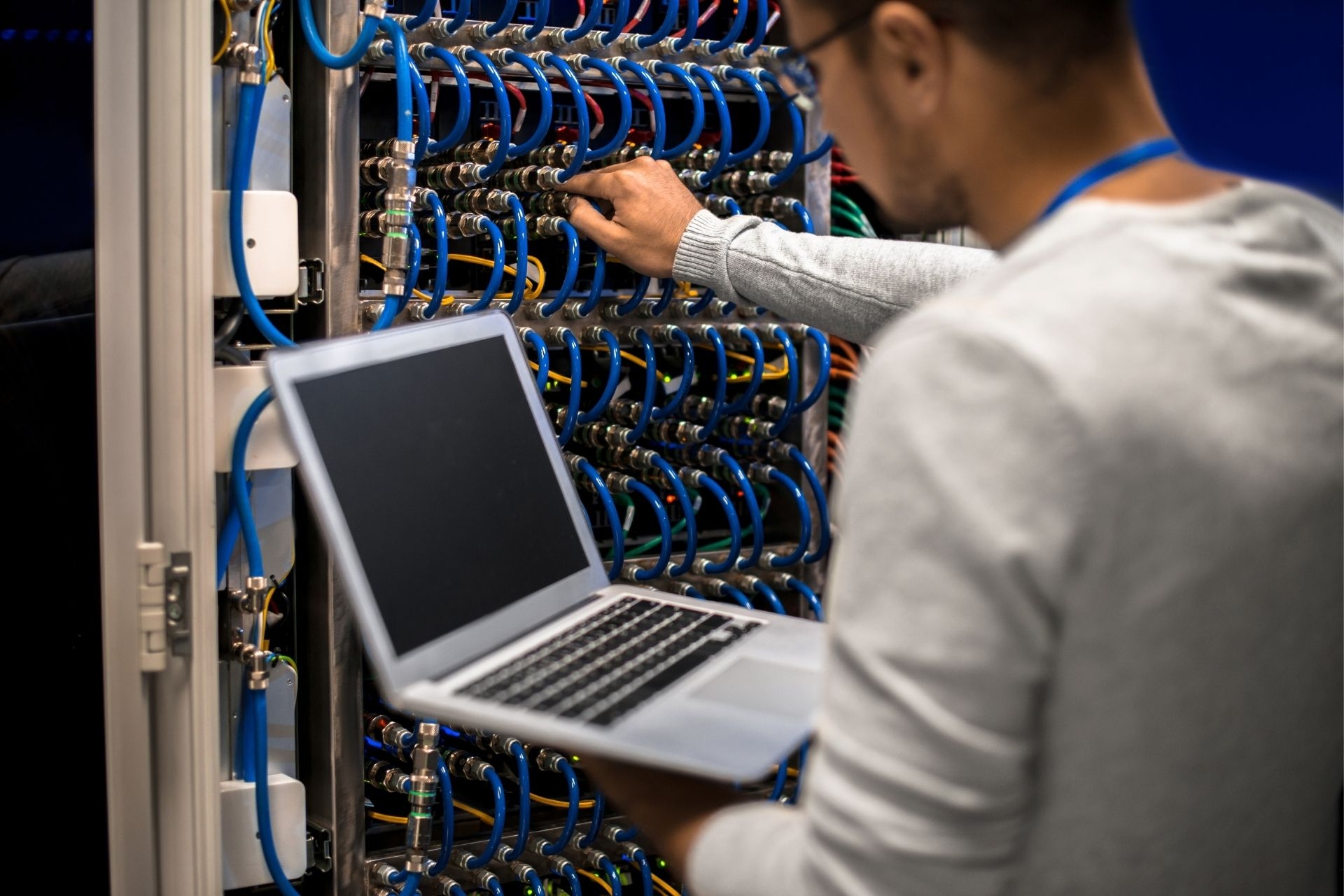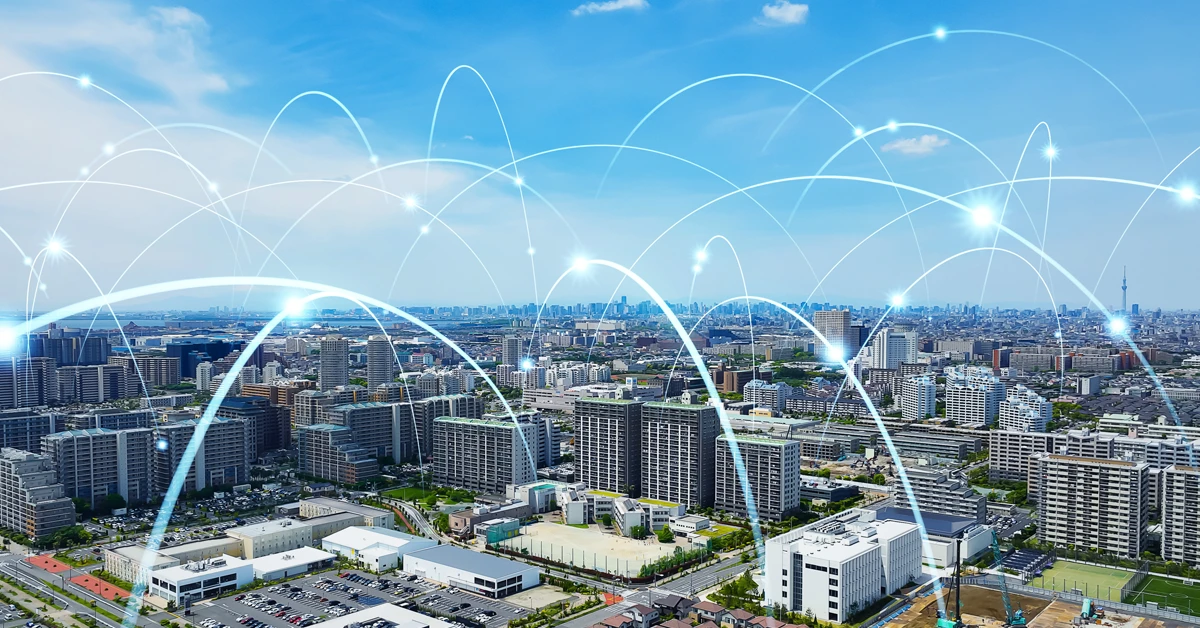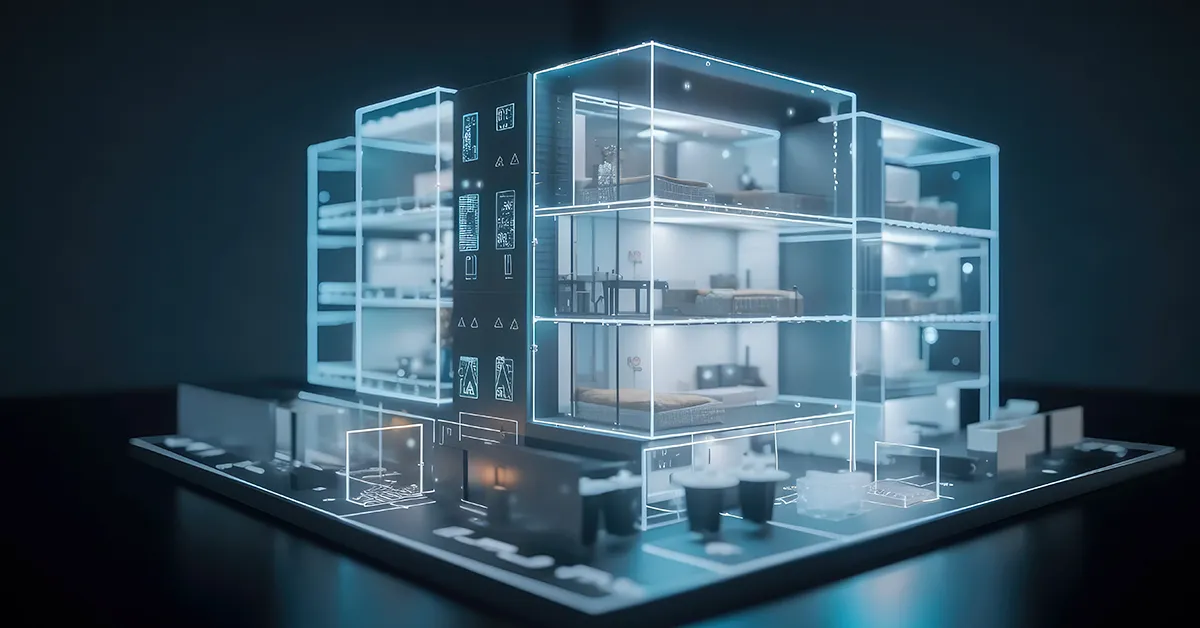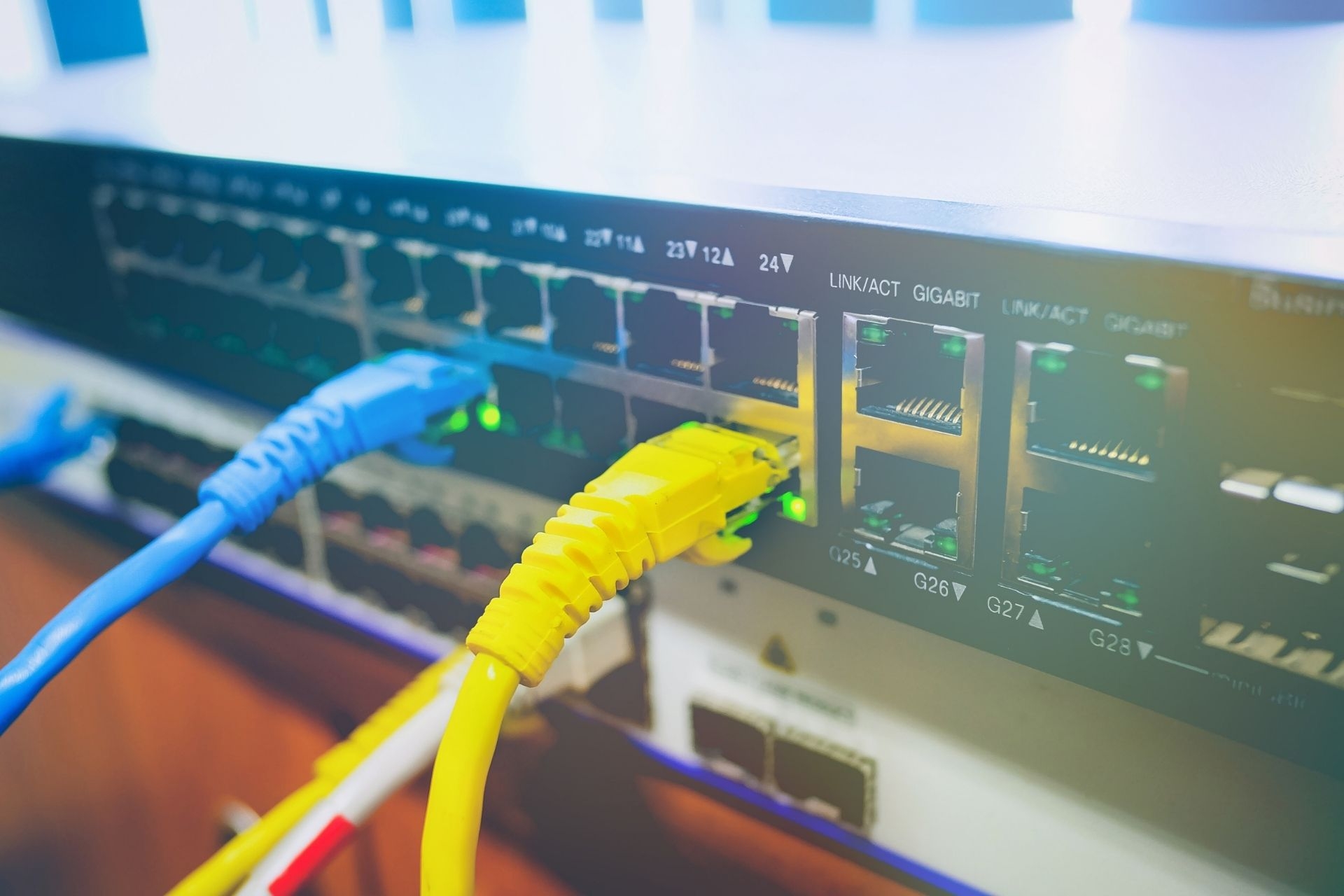

VPNs use encryption protocols such as AES (Advanced Encryption Standard) to secure data transmitted over public networks. This encryption process converts the data into a code that can only be deciphered with the correct decryption key, ensuring that sensitive information remains protected from unauthorized access or interception by cybercriminals.
MDU Internet Infrastructure Used Currently For Commercial Applications in 2024
Remote workers can benefit from using a VPN to access company resources securely from anywhere in the world. By encrypting their internet connection, VPNs provide a secure tunnel for data transmission, protecting sensitive company information from potential threats. Additionally, VPNs can help remote workers bypass network restrictions and access resources that may be restricted based on their location.
Multi-dwelling unit (MDU) residents no longer just expect a roof over their heads; they demand a reliable connected existence. Connectivity is key. The internet isnot only an indispensable utility, but one that MDU residents expect property owners to provide. This post explores why a reliable internet service is crucial for property management and the potential consequences of dead spots, slow speeds, and internet downtime.

Posted by on 2024-02-07
Greetings from the technical forefront of Dojo Networks, your community’s internet service provider. In this article, we embark on a technical journey to explore the intricacies of WiFi connectivity within your apartment complex. As WiFi ninjas, we'll delve into the advanced mechanisms and protocols underpinning our managed network, detail the disruptive influence caused by personal routers, and explain why a unified approach from all residents is essential for ensuring optimal internet performance.

Posted by on 2024-01-18
It’s in our DNA. It made us who we are. DojoNetworks got its start more than 20 years ago as an internet company selling retail direct to MDU residents. We sold against the big carriers… one customer at a time. To win over–and retain–customers who assumed the cable company was their only option, we had to provide better value and better service. No other service provider in our industry, no one, has this amount of direct-to-customer experience or success. The carriers were used to being the only game in town, and the other MSPs all started with bulk, knowing they had a captive audience. A few MSPs are just now starting to offer opt-in service and have a year or two of experience.

Posted by on 2023-10-30
Smart apartment buildings, equipped with cutting-edge technology and automation systems, are becoming the new standard in property management. In this comprehensive guide, we will explore the concept of smart apartment buildings, the benefits they offer to owners and tenants, how to build or upgrade to one, the key features and technologies involved, and the steps to plan and implement a smart apartment building strategy.

Posted by on 2023-09-25
For students and other multi-tenant property residents, high-speed internet service is no longer a luxury. It’s a necessity. Internet access is commonly referred to as the “fourth utility” and is viewed by many to be THE MOST IMPORTANT UTILITY™.

Posted by on 2023-07-20
VPNs can indeed bypass geo-restrictions by masking the user's IP address and making it appear as though they are accessing the internet from a different location. This allows users to access region-locked content such as streaming services, websites, or online platforms that may be restricted in their current location. By connecting to a VPN server in a different country, users can access content that would otherwise be unavailable to them.

VPNs protect user privacy by masking their IP address and online activities from third parties, including internet service providers, government agencies, and hackers. By routing internet traffic through encrypted tunnels and hiding the user's real IP address, VPNs prevent tracking of online activities and ensure anonymity while browsing the internet. This helps users maintain their privacy and security online.
Paid VPN services typically offer higher levels of security and performance compared to free VPN services. Paid VPNs often have more robust encryption protocols, faster connection speeds, and better customer support. Additionally, paid VPNs usually have a strict no-logs policy, ensuring that user data is not stored or shared with third parties. Free VPN services, on the other hand, may have limitations in terms of server locations, bandwidth, and security features.

VPN kill switches are designed to prevent data leaks in the event of a VPN connection drop. When enabled, a kill switch automatically disconnects the user's internet connection if the VPN connection is interrupted, preventing any unencrypted data from being transmitted over the network. This feature helps maintain the user's privacy and security by ensuring that all internet traffic is encrypted and protected at all times.
The legal implications and restrictions of using a VPN vary depending on the country and the specific activities being conducted. In some countries, the use of VPNs is restricted or prohibited, particularly for activities that may violate copyright laws or government regulations. It is important for users to be aware of the laws and regulations regarding VPN usage in their country and to use VPN services responsibly and in compliance with local regulations.

The security implications of internet access in MDUs, such as apartment buildings or condominiums, are significant due to the shared network infrastructure and the potential for unauthorized access to personal data. This can lead to privacy breaches, identity theft, and cyber attacks. To address these concerns, property managers and residents can implement measures such as secure Wi-Fi networks, encryption protocols, firewalls, antivirus software, and regular security updates. Additionally, implementing user authentication methods, network segmentation, and monitoring tools can help detect and prevent security breaches. Collaborating with internet service providers to ensure secure connections and educating residents on best practices for online security can also mitigate risks associated with internet access in MDUs.
Contractors and installation teams play a crucial role in MDU internet deployments by overseeing the physical implementation of network infrastructure within multi-dwelling units. These professionals are responsible for tasks such as fiber optic cable installation, equipment setup, network configuration, and ensuring proper connectivity throughout the building. Additionally, they collaborate with property managers, internet service providers, and residents to coordinate installation schedules, troubleshoot any issues that may arise, and provide ongoing support. By leveraging their expertise in telecommunications, construction, and technology, contractors and installation teams help facilitate the seamless integration of high-speed internet services in MDUs, ultimately enhancing the overall connectivity experience for residents.
MDU broadband solutions offered by providers like AT&T, Comcast, and Spectrum are designed to meet the diverse needs of subscribers living in multi-dwelling units such as apartments, condos, and townhouses. These solutions include a range of high-speed internet packages, streaming services, and digital phone options to cater to the varying preferences and requirements of residents. With options for fiber-optic, cable, and DSL connections, subscribers can choose the technology that best suits their location and usage habits. Additionally, providers offer customizable bundles that may include features like Wi-Fi extenders, smart home devices, and security services to further enhance the subscriber experience. By offering a variety of services and packages, MDU broadband solutions ensure that all residents have access to reliable and high-quality connectivity tailored to their specific needs.
In order to future-proof MDU internet infrastructure against technological advancements, property managers and developers must prioritize the implementation of fiber-optic networks, scalable bandwidth options, advanced networking equipment, and cloud-based management systems. By investing in high-capacity fiber-optic cables, gigabit-speed internet services, and cutting-edge routers and switches, MDUs can ensure that their infrastructure can support the demands of emerging technologies such as 5G, IoT devices, and smart home systems. Additionally, utilizing cloud-based management platforms allows for remote monitoring, troubleshooting, and updates, ensuring that the network remains secure and efficient in the face of rapid technological changes. By staying ahead of the curve and embracing the latest advancements in internet infrastructure, MDUs can provide residents with a reliable and future-proofed internet experience.
Fiber-to-the-home (FTTH) and fiber-to-the-building (FTTB) are two different internet infrastructure technologies commonly used in multi-dwelling units (MDUs). The key difference between FTTH and FTTB lies in the final connection point of the fiber optic cable. In FTTH, the fiber optic cable extends all the way to individual residential units, providing direct access to high-speed internet services. On the other hand, FTTB only extends the fiber optic cable to the building itself, with the final connection made through existing copper or coaxial cables within the building. This means that FTTH offers a more direct and efficient connection for residents, while FTTB may result in slightly slower speeds due to the use of existing infrastructure within the building. Additionally, FTTH typically requires more extensive installation and may be more costly to implement compared to FTTB.